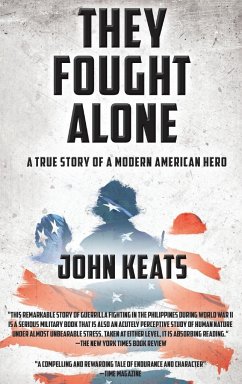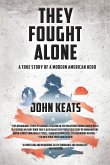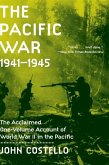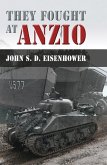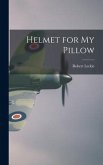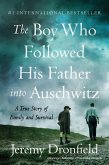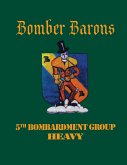When the American forces in the Philippines surrendered in May 1942, a mining engineer named Wendell Fertig chose to take his chances in the jungle. What happened to him during nearly three years behind enemy lines is the amazing story that John Keats tells in They Fought Alone. With the aid of a handful of Americans who also refused to surrender, Fertig led thousands of Filipinos in a seemingly hopeless war against the Japanese. They made bullets from curtain rods; telegraph wire from iron fence. They fought off sickness, despair and rebellion within their own forces. Their homemade communications were MacArthur's eyes and ears in the Philippines. When the Americans finally returned to Mindanao, they found Fertig virtually in control of one of the world's largest islands, commanding an army of 35,000 men, and bringing a measure of hope to a beleaguered people. John Keats, who also served in the Philippines, captures all the pain, brutality, and courage of this incredible drama. They Fought Alone is a testament to the ingenuity and sheer guts of an authentic American hero.
Hinweis: Dieser Artikel kann nur an eine deutsche Lieferadresse ausgeliefert werden.
Hinweis: Dieser Artikel kann nur an eine deutsche Lieferadresse ausgeliefert werden.

